

‘Relationships With Family Can Often Be Complicated When You’re Trans – Here’s Why’ is a lived experience opinion piece by Dr Antimony Deor, where they explain a variety of elements that can often make family dynamics a pretty complicated and messy thing for transgender people.
When my mum first got a phone, she wrote texts like a feral greengrocer. Words she wanted to emphasise were CAPITALISED or “quoted”, with at least one sentence ending in three or more punctuation marks???
Her messages read like ransom notes. ‘Thanks for “lunch”!’ she’d write, leaving me wondering whether I’d actually fed her or accidentally poisoned her. So earlier this year when she passed me her phone to show me a photo of a friend’s new Labrador, what I actually noticed was the “pronouns”. In the conversation with her friend, my mum had referred to me as quote-unquote “they” the whole way through.
I could have been upset, but mostly I found it funny – it was a classic boomer move, and I appreciated that she was making an attempt. She didn’t really understand, but she was trying, and trying something unfamiliar sometimes looks awkward.
”They’ makes you sound like a crowd’ – explaining being trans to family
If you want to imagine my family, picture two English people and a generic non-binary person and you’re 99% there (the bit that you missed is that my mum has a crew cut for easy maintenance.)
I knew that any big coming-out moment would have resulted in an awkward “Oh ok” and a follow-up text message a week later, so I just didn’t bother. 3 years after starting testosterone and I was still waiting for them to notice. I imagined myself in a psychic battle with my parents’ optometrist, willing their vision to remain blurry so I could continue to plausibly deny my increasingly fuzzy dirtstache.
It was only after my mum said “Why do your housemates call you they? It makes you sound like a crowd,” that I suddenly had to explain myself.
Everybody HRTs sometimes
For trans people, relationships with family often hover awkwardly in an uncomfortable space between love and hurt.
Relatives often see transition as something you’ve deliberately decided to inflict on them, rather than rather than a necessary step you have to take for your own health. They might take your name change or pronouns as a personal affront, a rejection of them and their dreams. They understand themselves as an uncle, a grandmother, a father, or a sister, and that means you have to stay the same otherwise you’re destroying their identity. They see gender as a thing you are, not a thing you do, and can’t always understand why you’d want to complicate your life by choosing to transition. They might be devastated at the assumption you won’t be able to have children.
Even when they try, their efforts can feel clumsy; the new name pronounced with hesitation, the right pronouns emphasised after a pregnant pause. The awkward attempts to relive a childhood ritual, like buying a daughter’s first bra or teaching a son how to shave. But like my mum’s quotation marks, these small acts of discomfort are imperfect attempts at connection.
Pocket change
Being trans is expensive. Despite my glamorous freelance writing career raking in tens of dollars a month, my mum still helps me with my rent. Hormones, surgery and medical appointments all add up, and despite the fancy ad campaigns there’s still widespread employment discrimination.
This kind of financial precarity makes family relationships even more fraught. When a family member lends you money for rent or surgery, it changes the tone of the relationship. Gratitude curdles into guilt. You’re grateful for receiving help but perhaps resentful for needing help. Saving the tens of thousands required for surgery might mean that you have to move back into the family home, or might not be able to move out. It might mean putting up with things you feel uncomfortable with out of a feeling of obligation.
On the other side, being estranged from an abusive family can mean poverty, legal difficulties, and an even harder road to transition.
Family and trans folk: Bless this mess
I consider myself lucky in some ways. I was already old when I started transitioning, so unlike trans youth I didn’t need my parents’ permission. My family haven’t disowned me; they’ve just lagged behind. We’re not so much estranged as stuck on different frequencies.
Family dynamics are messy. For trans people, that messiness doesn’t resolve neatly – it just keeps shifting. The gap between who you are and who your family wanted you to be can feel like a canyon some days and a ditch on others. There’s no tidy end to it, just the ongoing work of trying to meet each other for the first time, over and over again.

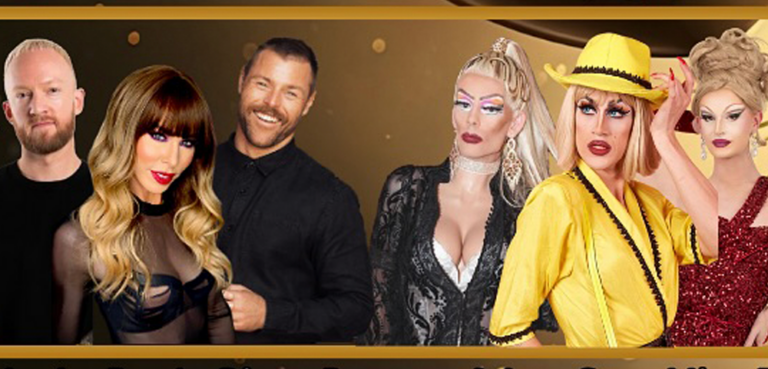

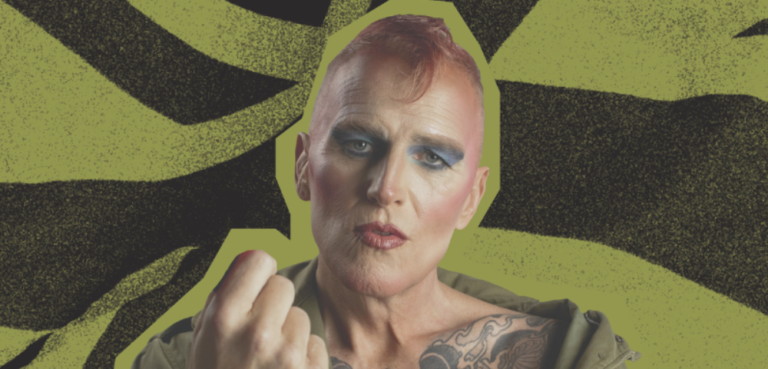



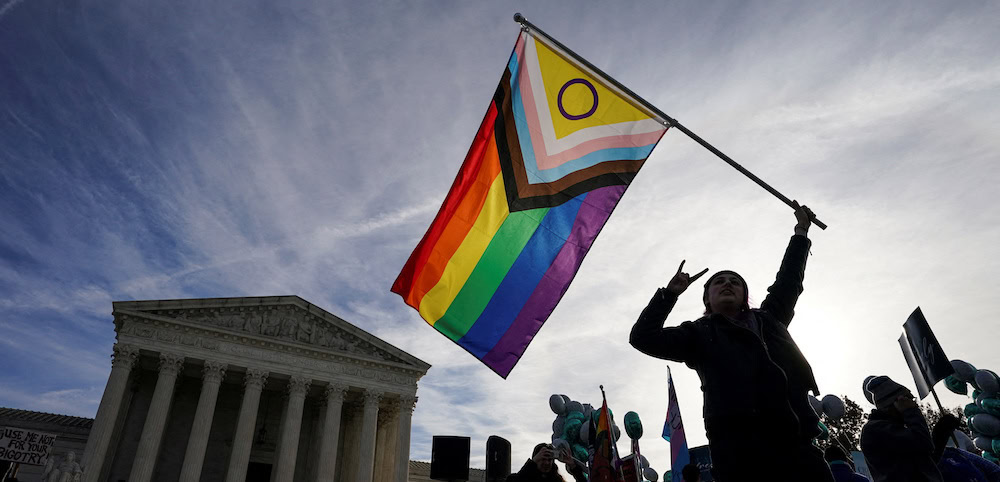
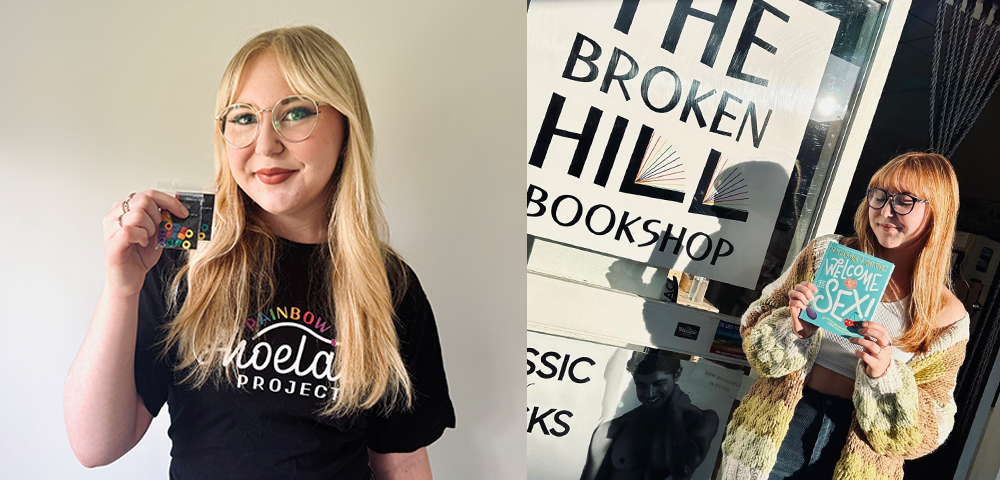
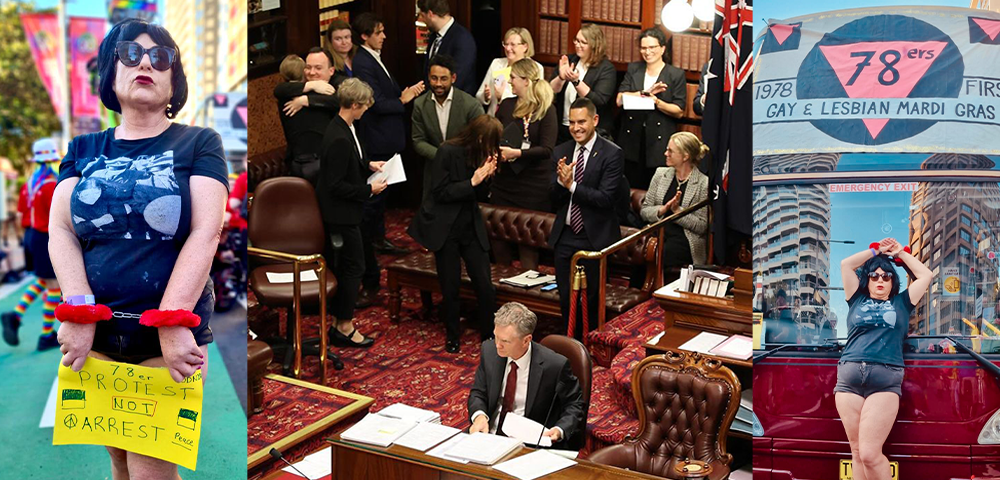
Leave a Reply